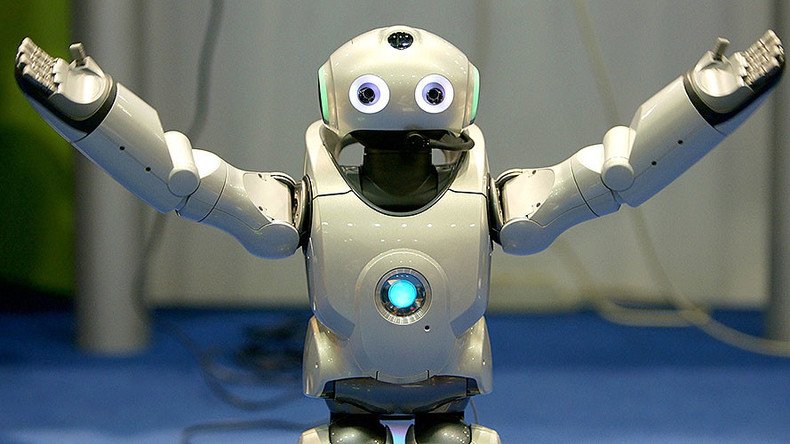Artificial intelligence can detect criminals based on facial features – study

Although it may sound like something from a scene in the Hollywood movie ‘Minority Report,’ artificial intelligence may be able to predict if an individual will be a criminal based on his or her facial features, according to a new study.
Shanghai’s Jiao Tong University analyzed the features of 1,856 faces that had been uploaded onto a computer and found “some discriminating structural features for predicting criminality, such as lip curvature, eye inner corner distance, and the so-called nose-mouth angle.”
The researchers from the report believe that computers have the ability to detect future criminals by scanning facial features such as the lips, eyes, and nose.
As a result of the analysis, four artificial intelligence-based categories were formed, from which the authors of the study claim an individual’s behavior can be predicted with “consistently well-performing” accuracy.
The study found that from the categorization, “all four classifiers perform consistently well and produce evidence for the validity of automated face-induced inference on criminality, despite the historical controversy surrounding the topic.”
READ MORE: AI machines are racist & it's all our fault - report
Using various techniques to test their findings, the authors of the study came to the conclusion that their observations noting the correlation between a person’s facial features and criminal tendencies are “reliable.”
“By extensive experiments and vigorous cross validations, we have demonstrated that via supervised machine learning, data-driven face classifiers are able to make reliable inference on criminality,” the report reads, adding that they have apparently discovered “a law of normality for faces of non-criminals.”
“After controlled for race, gender and age, the general law-abiding public have facial appearances that vary in significantly lesser degree than criminals,” they wrote.
Although the latest study has caused concern among those skeptical or apprehensive about artificial intelligence, the UN took a more favorable view in August 2015, when they expressed hope that AI data analysis could help end world poverty by 2030.













